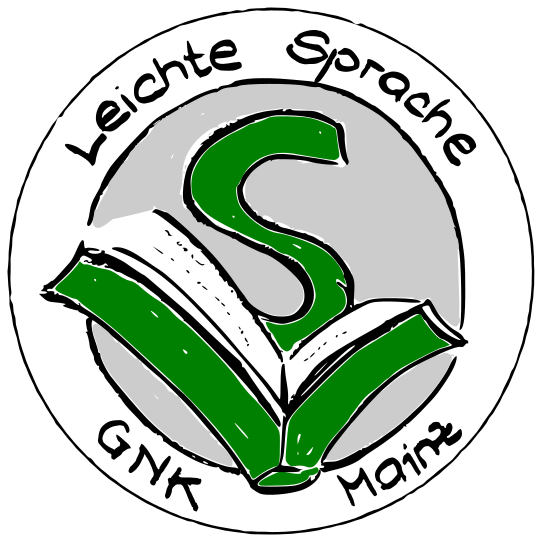
Einfach komplex! A multimodal and interdisciplinary approach to examine linguistic complexity within Leichte Sprache
Research Training Group
Arne Nagels, Walter Bisang and Silvia Hansen-Schirra (JGU)
The project aimes to investigate the psycholinguistic and neurolinguistic correlates of Leichte Sprache, a German version of plain language. Using an interdisciplinary and innovative approach, the programme is intended to advance the framework of Leichte Sprache and its rules. By applying methods such as eye-tracking (ET), electroencephalography (EEG) and functional magnetic resonance imaging (fMRI), a neurobiologically feasible model of Leichte Sprache is developed. As empirical research on the reception of Leichte Sprache has been very limited, the project examines the impact of complexity reduction on several linguistic levels, including those of syntax, morphology, lexicon and semantics.
Linked to the research group are scholarships that address outstanding graduates of linguistics, translation studies, life sciences or the like.
This project, co-funded by the Gutenberg Nachwuchskolleg and the Johannes Gutenberg University, started in April 2018.

Directional asymmetries in vowel perception - a neurolinguistic perspective
Miriam Riedinger (JGU)
The project "Directional asymmetries in vowel perception - a neurolinguistic perspective" deals with the neural basis of vowel processing in German and thus with the representation of phonetic and phonological knowledge. The question which features (acoustic, phonetic or phonological) are used to recognize and to mentally represent vowels will be investigated. In addition to behavioral methods, like reaction time, electrophysiological methods, such as EEG, will be used to investigate the mental representations of vowels. Based on central models of vowel perception, psychoacoustic factors, such as perceived loudness, will also be included. By using different experimental settings (e.g. with or without attention) and linguistic contexts (e.g. words vs. single sounds), the proeject also investigates whether the used features in vowel perception are subject to a situational preference.
This project is funded by the Johannes Gutenberg University.
Syntactic complexity and its brain structure correlates in humans with schizophrenia and depression
Katharina Schneider (JGU)
Language is an increasingly relevant biomarker in research for psychiatric disorders. For both schizophrenia and depression, some associations between linguistic behavior and the disorder have already been established. In this dissertation project, syntactic complexity is analyzed as well as compared in people with schizophrenia and depression. Furthermore, the correlations between syntactic complexity, various cognitive functions (executive performance, attention, memory, etc.) and the symptoms associated with the disease will be investigated. Based on these results, brain structures of the subjects will be examined. In this context, the extent to which correlations exist between a reduced syntactic complexity and the brain structure will be examined.
This project is funded by the Johannes Gutenberg University.

Through rose-tinted glasses: the neuronal processing of linguistic expressions for internal states using figurative and non-figurative language
Arne Nagels (JGU) and Christina Kauschke (University Marburg)
Emotions and and other internal states are often verbalised through figurative expressions, e.g. metaphors such as "look at the world through rose-tinted glasses". The figurative element concretises and intensifies abstract content by linking it to sensory experience. The central questions of this project are: how is figurative language as a means to verbalise internal states processed in the human brain? Which neuronal processes are involved and in which way do speech disorders affect these?
This is especially relevant in patients with a diagnosed disorder, as particular features in their processing of emotion and/or language are expected to lead to different results compared to those of the control group. In a first step, the project will thus focus on patients diagnosed with depression. Participants will be assigned two tasks (completing sentences and rating the figurative content of an utterance), while their brain activity is measured using functional magnetic resonance imaging (fMRI). The experiment is expected to help gain insight in neuronal correlates of language processing. Special interest lies on the question whether or not depression correlates to differences in processing patterns. We hope to contribute new information about the representation of figurative language in the brain as well as new information about the neurobiological basis of emotion and language processing in patients with a mental disorder. Later on, the results may even be useful in clinical contexts, e.g. by employing metaphoric elements in psychotherapy.
This project, co-funded by the German Research Foundation, started in December 2017.